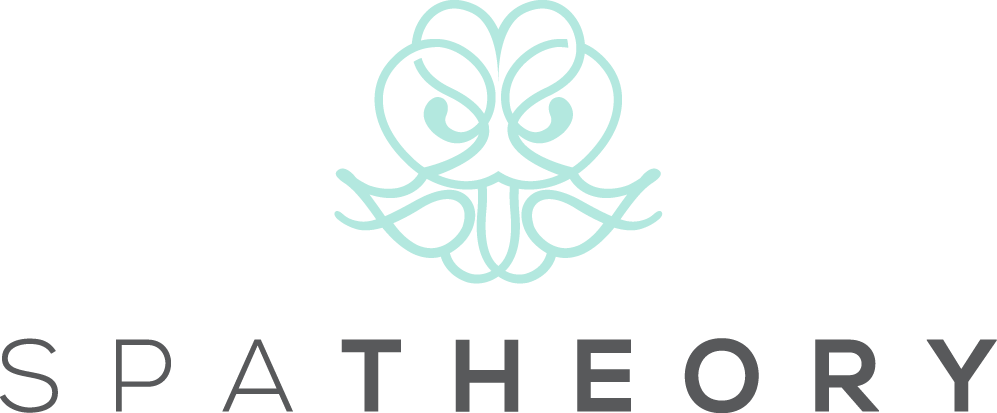How Massage Therapy Can Help With ADHD
Managing ADHD (Attention Deficit Hyperactivity Disorder) often feels like an uphill battle. Whether it’s struggling to maintain focus or managing stress and emotional regulation, individuals with ADHD face unique challenges. While traditional treatments like therapy and medication play critical roles, massage therapy is emerging as a complementary option that can provide relief. Let’s explore how massage therapy can help with ADHD and why it might be worth incorporating into a broader care plan.
What is ADHD?
ADHD is a neurodevelopmental disorder that affects both children and adults. It’s characterized by persistent patterns of inattention, hyperactivity, and impulsivity that interfere with daily functioning. While symptoms vary in severity, ADHD often impacts academic, work, and social environments, making it crucial to develop effective management strategies.
The exact cause of ADHD remains unclear, but research suggests a combination of genetic, neurological, and environmental factors. Treatment typically includes a blend of behavioral therapy, medication, and lifestyle modifications.
Challenges Faced by Individuals with ADHD
Living with ADHD often means navigating a complex array of symptoms. Difficulty focusing, staying organized, and following through on tasks are common struggles. Emotional regulation can also be a significant challenge, leading to feelings of frustration or overwhelm.
Physical symptoms such as restlessness, trouble sleeping, and heightened sensitivity to stress are also frequent issues. For those seeking holistic approaches to manage these challenges, massage therapy can offer a surprising level of support.
How Massage Therapy Can Benefit ADHD
Reducing Stress and Anxiety
Stress and anxiety often go hand in hand with ADHD, exacerbating symptoms and making it harder to focus. Massage therapy helps lower cortisol levels—the hormone associated with stress—while promoting the release of feel-good neurotransmitters like serotonin and dopamine. This physiological shift can create a sense of calm and balance, reducing the intensity of stress-related symptoms.
Improving Focus and Attention
Massage therapy stimulates the parasympathetic nervous system, which is responsible for rest and relaxation. By calming the nervous system, massage can help reduce hyperactivity and improve mental clarity. This can lead to enhanced focus and attention, making daily tasks more manageable.
Enhancing Relaxation and Emotional Regulation
Emotional regulation can be particularly difficult for those with ADHD. Massage therapy encourages relaxation by easing physical tension and promoting a sense of emotional well-being. For individuals who experience frustration or mood swings, regular massages may help create a more stable emotional baseline.
Improving Sleep Quality
Sleep problems are a common struggle for people with ADHD. Massage therapy can promote better sleep by relaxing the body and reducing overactivity in the nervous system. Improved sleep quality often translates to better focus and emotional stability during the day.
Methods and Techniques of Massage Therapy for ADHD
Types of Massage Beneficial for ADHD
Certain massage techniques are especially beneficial for managing ADHD symptoms. Swedish massage, known for its gentle and soothing approach, can reduce stress and promote relaxation. Deep tissue massage, on the other hand, may be helpful for individuals dealing with physical restlessness or chronic tension.
Recommended Techniques
Therapists often use slow, rhythmic strokes to help calm an overstimulated nervous system. Some may also incorporate aromatherapy, using essential oils like lavender or chamomile to enhance relaxation. Therapists trained in working with individuals who have ADHD can customize sessions to address specific needs.
Incorporating Massage into a Routine
Consistency is key when it comes to massage therapy. Incorporating it into your routine—whether weekly or monthly—can amplify its long-term benefits. For families, exploring options like a book a mobile massage in Atlanta, GA allows the whole household to experience its calming effects in the comfort of your own home.
Studies Supporting Massage Therapy for ADHD
The positive effects of massage therapy on ADHD symptoms are supported by research. For instance, a study published in the Journal of Attention Disorders found that children with ADHD who received regular massages showed improved mood and increased focus compared to those who did not.
Another study highlighted the calming effect of massage on hyperactivity, suggesting it can be a useful complementary therapy. For a deeper dive into the science, check out resources like this study on massage and ADHD.
Practical Tips for Using Massage Therapy with ADHD
Finding a Qualified Massage Therapist
Not all therapists are familiar with the unique needs of individuals with ADHD. Seek out a licensed therapist who has experience working with neurodiverse clients. A professional with this expertise can tailor sessions to maximize comfort and effectiveness.
Creating a Comfortable Massage Environment
The environment in which massage therapy takes place can significantly impact its effectiveness. Dim lighting, soothing music, and a calming atmosphere help create a sense of safety and relaxation. If you’re scheduling a session at home, work with your therapist to ensure the setup feels welcoming and distraction-free.
Combining Massage with Other ADHD Management Strategies
Massage therapy works best as part of a broader ADHD management plan. Pairing it with strategies like cognitive-behavioral therapy (CBT), mindfulness practices, or exercise can enhance its benefits. A holistic approach that integrates various methods often leads to better overall outcomes.
Final Thoughts
Massage therapy offers a gentle, non-invasive way to support individuals with ADHD. By reducing stress, improving focus, and promoting better sleep, it addresses many of the challenges associated with the condition.
While it’s not a standalone treatment, it can be a valuable complement to traditional therapies. If you’re considering massage as part of your ADHD management plan, consult a qualified therapist and start exploring the potential benefits. You might just find it’s the missing piece in your wellness routine.


